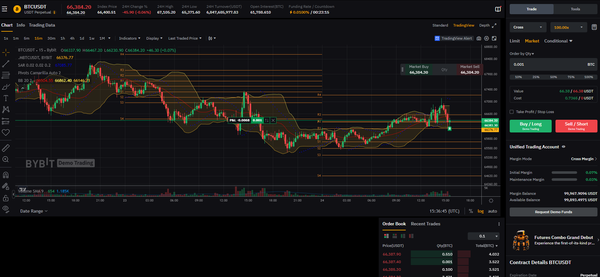Maximizing Crypto Gains: The CARICOM Advantage for Tax-Savvy Investors"

Understanding the capital gains tax rules in CARICOM countries is essential for cryptocurrency investors seeking to optimize their tax strategies. Here's a detailed look at the capital gains tax regulations in some key CARICOM member states:
1. Jamaica
- Capital Gains Tax: Jamaica does not have a capital gains tax, which is beneficial for cryptocurrency investors.
- Income Tax: Income from trading activities might be classified as business income and taxed accordingly.
- Regulatory Environment: Jamaica has shown an openness to integrating cryptocurrencies and blockchain technology, offering a supportive regulatory framework.
2. Barbados
- Capital Gains Tax: Barbados does not impose a capital gains tax on the sale of assets, including cryptocurrencies. This makes it an attractive destination for crypto investors looking to minimize tax liabilities.
- Taxation on Income: While there is no capital gains tax, income derived from trading activities might be subject to regular income tax if deemed as a business activity.
- Reporting Requirements: Investors should maintain thorough records of their transactions to ensure compliance with any potential tax obligations.
3. Trinidad and Tobago
- Capital Gains Tax: There is no capital gains tax in Trinidad and Tobago, providing another favorable jurisdiction for crypto investors.
- Income Tax: Any income derived from regular trading activities could be subject to income tax if classified as a business operation.
- Compliance: Investors should ensure they comply with local tax laws and keep detailed transaction records.
4. Bahamas
- Capital Gains Tax: The Bahamas does not impose a capital gains tax, which can be advantageous for investors.
- Income Tax: The Bahamas also does not have an income tax, making it one of the most tax-friendly jurisdictions for crypto investors.
- Regulatory Framework: The country has developed a progressive stance on cryptocurrencies, with specific regulations aimed at fostering a secure and innovative crypto environment.
5. Grenada
- Capital Gains Tax: There is no capital gains tax in Grenada.
- Income Tax: Income derived from cryptocurrency trading might be taxed as business income if it constitutes regular trading activity.
- Regulatory Considerations: Investors should stay informed about any regulatory changes that might affect their crypto investments.
6. Antigua and Barbuda
- Capital Gains Tax: Antigua and Barbuda do not levy a capital gains tax on the sale of assets, including cryptocurrencies.
- Income Tax: Similar to other CARICOM nations, regular trading activities might be subject to income tax if classified as a business.
- Crypto Regulations: The country has been proactive in establishing a legal framework for cryptocurrencies, aiming to attract crypto businesses and investors.
General Considerations for CARICOM Crypto Investors
- Tax Residency: The tax rules applicable to an individual can depend on their tax residency status. It's essential to determine your tax residency and understand how it influences your tax obligations.
- Double Taxation Agreements: Many CARICOM countries have double taxation agreements (DTAs) with other nations, which can help avoid double taxation on the same income.
- Tax Reporting: Ensure compliance with local tax reporting requirements. Keep detailed records of all cryptocurrency transactions, including dates, amounts, and purposes of transactions.
- Professional Advice: Engage with tax professionals who have experience in cryptocurrency taxation to navigate the complexities and optimize your tax strategy.
Conclusion
The capital gains tax rules in CARICOM countries are generally favorable for cryptocurrency investors, with many member states not imposing a capital gains tax. However, the classification of income from regular trading activities as business income might still subject some profits to income tax. By understanding the specific tax regulations in their country of residence and seeking professional advice, CARICOM passport holders can effectively manage their crypto investments and tax obligations.




